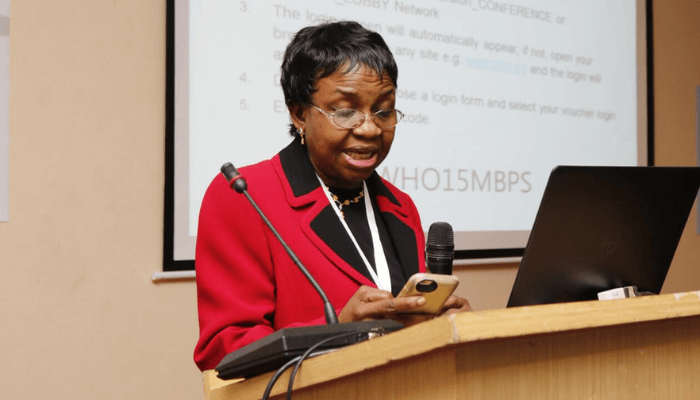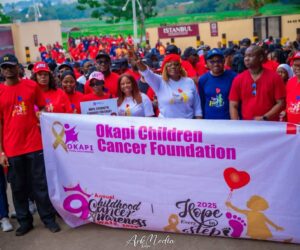Prof. Mojisola Adeyeye, director general of the National Agency for Food and Drug Administration and Control (NAFDAC), has affirmed that Nigerian herbal medicines have the potential to meet global standards if subjected to rigorous scientific testing.
Speaking on the agency’s collaboration with the Nigeria Natural Medicine Development Agency (NNMDA), Adeyeye emphasized the critical role of clinical trials in validating the safety and efficacy of indigenous herbal remedies.
The DG explained that NAFDAC employs two approval types for herbal medicines: a two-year listing approval, granted after satisfactory toxicology safety tests, and a five-year full approval, which requires clinical trials to confirm efficacy.
Read also: NAFDAC shuts Chinese supermarkets, cosmetics shops in Abuja
She highlighted that the high cost of clinical trials is a major hurdle for practitioners. “If you have an herbal medicine that you cannot prove scientifically the extent to which it works without causing harm to the user by providing some data on the efficacy, then it cannot be fully registered by NAFDAC,” she stated.
While NAFDAC has listed thousands of herbal medicines, only a handful have completed clinical trials to secure full registration, even as Adeyeye stressed that natural does not always mean safe, noting potential risks to organs like the liver and kidneys without proper testing. “That is where NAFDAC regulation and control come in,” she said, underscoring the agency’s commitment to consumer safety.
To bridge this gap, NAFDAC is partnering with the NNMDA to conduct clinical trials on selected listed herbal medicines, aiming to fully register those proven effective for inclusion in a national formulary. The agency is also seeking funding to support practitioners with the costly trial process. “We are determined to assist our practitioners in the area of clinical trials, and together with NNMDA, we shall mobilize resources to get some herbal medicines fully registered after going through due process,” Adeyeye affirmed.
Drawing from her experience as a professor in the United States, Adeyeye shared that she led a project developing an anti-sickling polyherbal medicine, which NAFDAC had previously listed. Laboratory tests and a 2017 clinical trial, approved by Bowen University’s Ethics Committee and her U.S. university’s Institutional Review Board, confirmed its efficacy, though further data and funding are needed.
NAFDAC is actively engaging herbal medicine practitioners through stakeholder meetings and has published a simple factory floor plan on its website to guide production standards. “We are approving herbal medicines daily in NAFDAC, but we are working towards a phase where we will have a national formulary for those that have had clinical trials and have been proven to be very effective,” she said.
Through this collaborative effort, NAFDAC aims to elevate Nigerian herbal medicines to meet international benchmarks for safety and efficacy.









